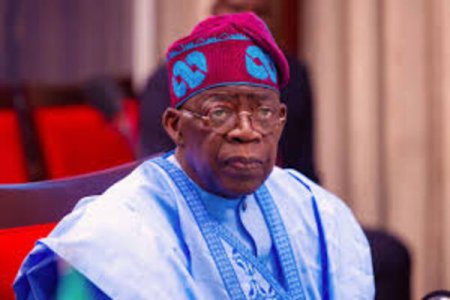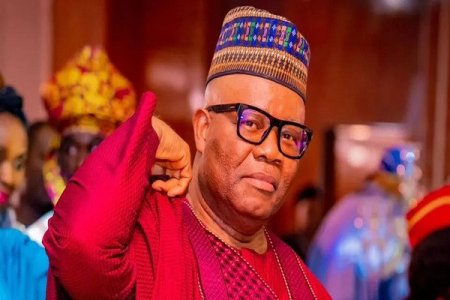
President Bola Tinubu declared progress in Nigeria’s anti-corruption efforts at the NACIWA assembly, highlighting strengthened agencies and collaboration with ECOWAS. He urged regional leaders to adopt similar measures to combat corruption, linking it to economic instability and insecurity, and emphasized the need for concrete actions.
At the 6th Annual General Assembly of the Network of Anti-Corruption Institutions in West Africa (NACIWA), President Bola Tinubu asserted that his administration is successfully tackling corruption in Nigeria. Addressing the assembly, which was themed “Strengthening Regional Cooperation in the Fight Against Corruption,” he emphasized the need for a collaborative effort to combat this pervasive issue.
Represented by Vice President Kashim Shettima, Tinubu highlighted the government’s commitment to fortifying anti-corruption agencies through increased funding and independence. He urged other West African nations to adopt similar measures, arguing that corruption hinders national progress, erodes public trust, and disrupts resource allocation.
“Corruption remains one of the most significant obstacles to the progress and prosperity of our nations,” he stated, calling on regional leaders to confront this challenge decisively. Tinubu praised the collaboration between NACIWA and ECOWAS, noting that it has fostered information sharing and cooperation among national anti-corruption agencies.
In line with his government’s initiatives, Tinubu underscored the importance of implementing the ECOWAS protocol against corruption to enhance institutional integrity across member states. He emphasized the need for tangible actions, rather than mere rhetoric, to ensure real progress in the fight against corruption.
The Minister of Foreign Affairs, Yusuf Maitama Tuggar, echoed this sentiment, stressing the link between corruption and insecurity. He revealed that Africa loses an estimated $88.6 billion annually to illicit financial flows, which underscores the urgent need for concerted anti-corruption strategies.
As discussions continued, Attorney-General Lateef Fagbemi highlighted the necessity for legal cooperation among member states to enhance the prosecution of corruption cases. He affirmed the commitment of Nigeria’s government to support regional anti-corruption efforts.
NACIWA Chairman Ola Olukoyede commended the Nigerian government's donation of a permanent headquarters in Abuja, symbolizing a commitment to strengthening the regional anti-corruption framework. This development marks a significant milestone for NACIWA as it seeks to enhance cooperation and legal frameworks to combat corruption across West Africa.
In conclusion, President Tinubu's remarks at the assembly reflect a renewed commitment to addressing corruption in Nigeria and the broader West African region. As nations face shared challenges, the call for unity and decisive action in the anti-corruption fight resonates strongly among leaders and institutions alike.





